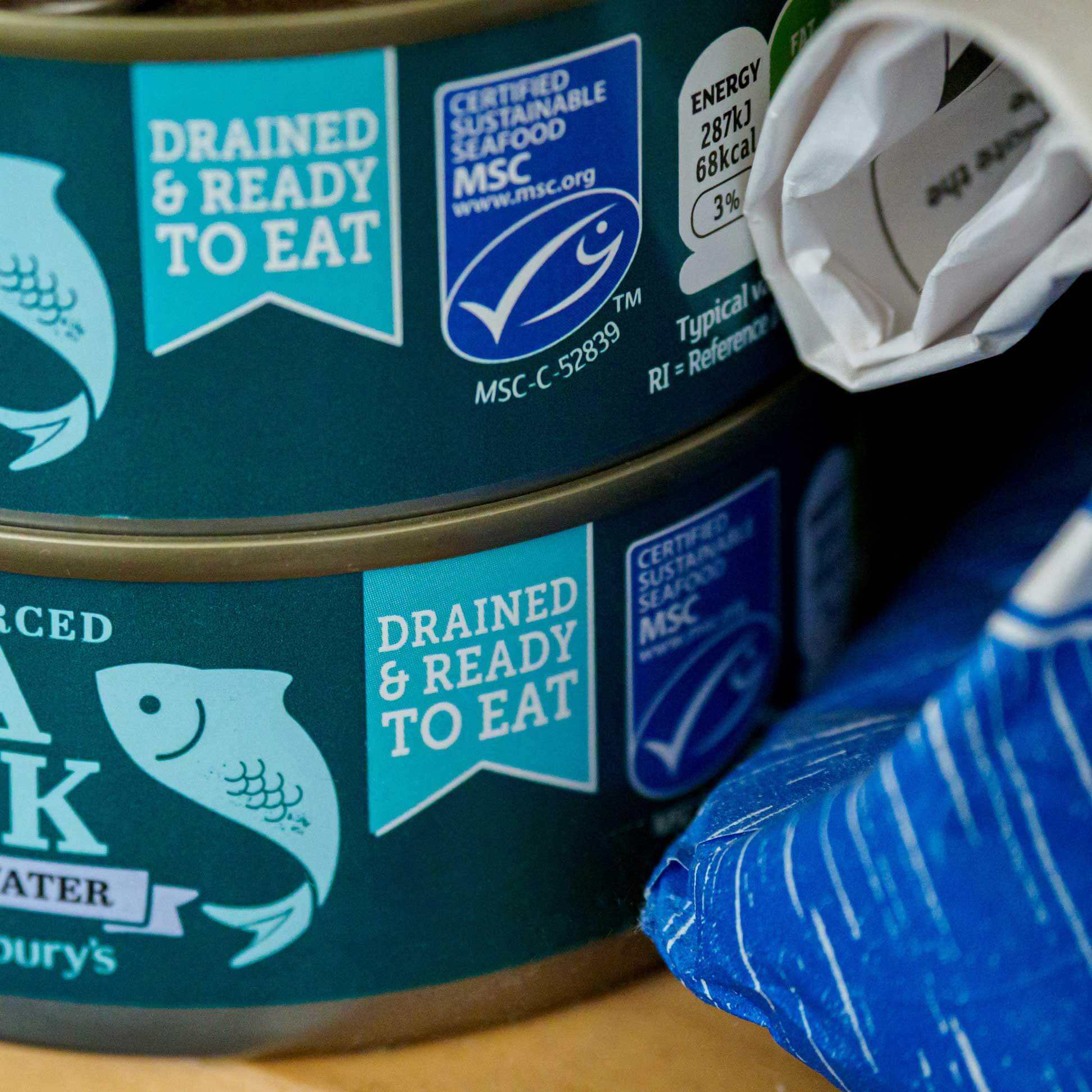New skilled worker immigration rules could disrupt food industry, warns ALP
14th February 2024

The Association of Labour Providers (ALP) has voiced concerns that new skilled worker immigration rules will have a disproportionate impact on food businesses that depend on overseas labour. In an open letter to the Home Office, ALP has advocated for the inclusion of crucial food manufacturing roles such as butchers and fish processors in the immigration salary list (which replaces the ‘shortage occupation roles list’ which has now been abolished).
The new measures, aimed at reducing net migration, are likely to be particularly detrimental to businesses employing workers in skilled occupations but which attract a lower salary. ALP asserts that these roles, including butchers, poultry and fish processors, and farmers, are “absolutely essential to food production and security” in the UK.
ALP’s CEO Joanne Young has criticised the timing of these changes, stating that they do not allow businesses to effectively plan and budget their activities. She pointed out that businesses have already committed to production volumes and pricing for 2024, and recruitment processes are already underway to meet these commitments.
The Home Office’s new rules include increasing the minimum wage of overseas workers to £38,700 to encourage the recruitment of domestic workers and reduce reliance on migrants. However, Young contends that recruiting workers from overseas is more costly and time-consuming than hiring domestic workers, and businesses would not choose this option if they had access to the right number of people with the right skills in the domestic workforce.
ALP has also warned that the increased salary for those coming through the skilled worker visa could lead to significant pay inflation at home. The subsequent cost increases could have a material impact on the cost of food throughout the supply chain, which would ultimately be borne by consumers. Additionally, ALP is concerned that businesses struggling to fill labour gaps could become less competitive and may have to reduce output or even close completely.
ALP has urged Government to include crucial occupation codes such as butchers and farmers in the immigration salary list. This would allow these workers to be eligible for a reduction to the salary thresholds. If these proposals are not accepted, ALP has requested that the implementation of the salary increase to the skilled worker route is phased over a period of time.
How we can support you
We have a specialist team of experts to deal with your business’ immigration needs and advise on compliance with all aspects of the UK’s employment-based immigration requirements. Our experts are experienced in advising food & drink companies and work closely with the rest of the Food & Drink team.














